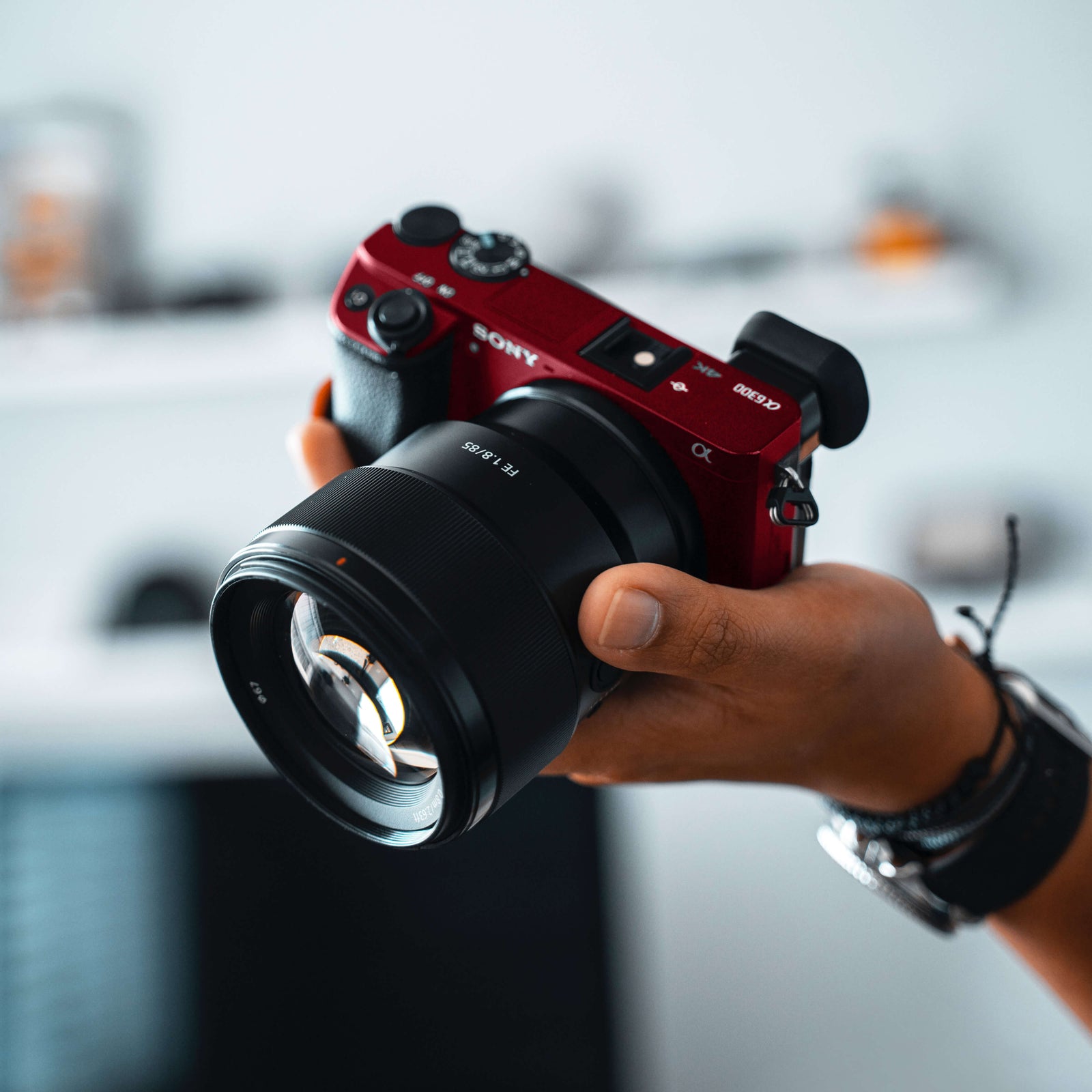5 Natural Enemies of your Camera: How to Save it?

Where are you planning to go this summer? Whether you want to spend time on the beach, relax in the city, hike, or travel to the other side of the world, remember to bring your camera to capture those special moments and bring back the memories of your trip home. 5 natural predators can harm your camera. But the protection of your camera is very necessary!
So read the article to know about the enemies of your camera and how to get rid of them:
- Sun Light
It is very important to protect yourself from sunburn when shooting outdoors, but things that protect you can harm your camera. Sunscreens are often oily and insect repellents contain a variety of chemicals that you clearly don't want these to come into contact with the most sensitive parts of your camera.
The way to limit the effects of these things on the camera is simple - you need to keep the parts of the body that are in contact with the camera clean. Wash your hands with clean water after applying barrier creams to keep the camera from getting dirty. If the camera does get dirty, remove the dirt as soon as possible.
- Sand
There is nothing more intimidating than sand particles in your camera. The camera has a lot of moving parts and the ingress of abrasive elements such as sand can easily damage the camera. The simplest thing is not to take the camera where there is sand, but as you understand this is not an option, so you need to try so that the camera and the sand do not touch in any way.
Also be wary of such factors as the wind or people playing the ball next to you, while you, for example, change the lens or memory card or batteries, a gust of wind or bad movement and sand will easily get where it should not be. Think ahead of time which lens you will be using and if possible change it indoors or where there is no sand.
- Dust
Like sand, dust is the camera's natural enemy. Dust is not as destructive as sand, it will not be able to cause large scratches, but it can easily settle on various sensors. Therefore, clean your camera every day, be careful when changing lenses, and travel with your camera case.
- Humidity and Water
The moisture attacks the camera in many ways. The worst thing is to drop the camera into the water (ocean, bath, river, and even the toilet), after that it is unlikely to be restored. Therefore, try to keep the camera strap around your neck, or at least be attached to your arm. And always pay attention to where you put your camera.
Condensation can also damage the camera. It is noticeable when the temperature changes abruptly (for example, you leave a room with an air conditioner on the street in the heat).
- Salt
While the beach affords the photographer a huge amount of great shots, it is also a hazard, not only because of the sand but also because of the salt. Salt can enter the camera and lenses, causing many problems, including corrosion. Clean your camera at least once a day, filming in areas where there is salt. If you are not photographing, put the camera in the case. Be careful when shooting in strong breezes.
Let’s Sum Up
If you have decided to take a camera on a trip, try to focus on the protection as well. Nowadays, different types of camera skins are available that can save your camera from the aove mentioned enemies. Visit our site and select the best camera skins for your cameras.






